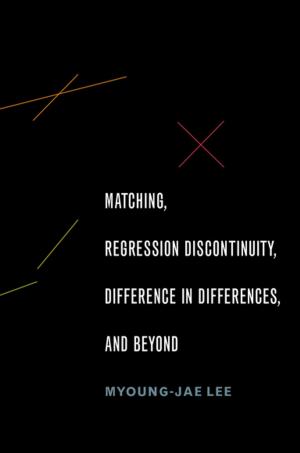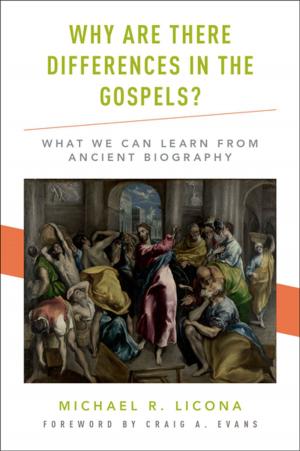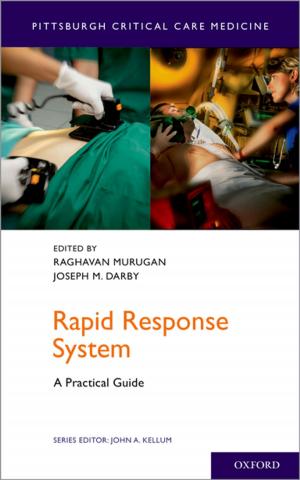Our Fate
Essays on God and Free Will
Nonfiction, Religion & Spirituality, Philosophy, Free Will & Determinism, Religious| Author: | John Martin Fischer | ISBN: | 9780190493714 |
| Publisher: | Oxford University Press | Publication: | January 4, 2016 |
| Imprint: | Oxford University Press | Language: | English |
| Author: | John Martin Fischer |
| ISBN: | 9780190493714 |
| Publisher: | Oxford University Press |
| Publication: | January 4, 2016 |
| Imprint: | Oxford University Press |
| Language: | English |
Our Fate is a collection of John Martin Fischer's previously published articles on the relationship between God's foreknowledge and human freedom. The book contains a new introductory essay that places all of the chapters in the book into a cohesive framework. The introductory essay also provides some new views about the issues treated in the book, including a bold and original account of God's foreknowledge of free actions in a causally indeterministic world. The focus of the book is a powerful traditional argument for the incompatibility of God's foreknowledge and human freedom to do otherwise. Fischer presents this argument (in various forms) and defends it against some of the most salient criticisms, especially Ockhamism. The incompatibilist's argument is driven by the fixity of the past, and, in particular, the fixity of God's prior beliefs about our current behavior. The author gives special attention to Ockhamism, which contends that God's prior beliefs are not "over-and-done-with" in the past, and are thus not subject to the intuitive idea of the fixity of the past. In the end, Fischer defends the argument for the incompatibility of God's foreknowledge and human freedom to do otherwise, but he further argues that this incompatibility need not entail the incompatibility of God's foreknowledge and human moral responsibility. Thus, through this collection of essays, Fischer develops a "semicompatibilist" view--the belief that God's foreknowledge is entirely compatible with human moral responsibility, even if God's foreknowledge rules out freedom to do otherwise.
Our Fate is a collection of John Martin Fischer's previously published articles on the relationship between God's foreknowledge and human freedom. The book contains a new introductory essay that places all of the chapters in the book into a cohesive framework. The introductory essay also provides some new views about the issues treated in the book, including a bold and original account of God's foreknowledge of free actions in a causally indeterministic world. The focus of the book is a powerful traditional argument for the incompatibility of God's foreknowledge and human freedom to do otherwise. Fischer presents this argument (in various forms) and defends it against some of the most salient criticisms, especially Ockhamism. The incompatibilist's argument is driven by the fixity of the past, and, in particular, the fixity of God's prior beliefs about our current behavior. The author gives special attention to Ockhamism, which contends that God's prior beliefs are not "over-and-done-with" in the past, and are thus not subject to the intuitive idea of the fixity of the past. In the end, Fischer defends the argument for the incompatibility of God's foreknowledge and human freedom to do otherwise, but he further argues that this incompatibility need not entail the incompatibility of God's foreknowledge and human moral responsibility. Thus, through this collection of essays, Fischer develops a "semicompatibilist" view--the belief that God's foreknowledge is entirely compatible with human moral responsibility, even if God's foreknowledge rules out freedom to do otherwise.















